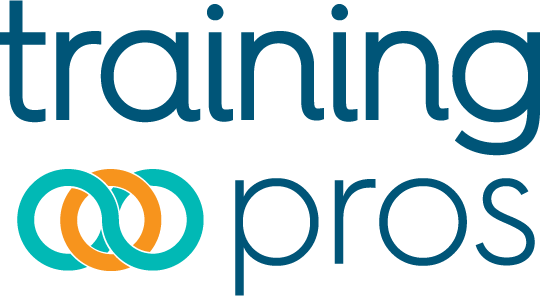How One Company is Redefining Scientific Exchange
Scientific exchange is an integral part of the pre-launch phase for medical affairs. Traditionally, this information is deployed to thought leaders who can assist in providing science-driven product feedback. Now, as digital platforms become more versatile for the medical affairs community, many companies are choosing to conduct this exchange through social media. This presents the opportunity to reach larger audiences as well by incorporating the patient and caregiver into the pre-launch phase. Taking a closer look at digital exchange, we spoke with Rachel Couchenour, Senior Director of Medical Affairs at Mateon Therapeutics and key speaker at this year’s Medical Affairs Pre-Launch Strategies Conference. Couchenour explained why Mateon has expanded their digital exchange efforts, and what the outcome is doing for their products.
The Information
For Couchenour, social media provides the perfect platform to engage with patients and caregivers that may not participate in traditional exchange, “We choose social media platforms for this mainly because it allows for more interaction with patients at a personal level. While we still engage in traditional scientific exchange, the information we provide to patients is much more awareness and disease state focused, rather than just science.” This personalization provides a patient-centric focus for Mateon’s pre-launch phase.
While this aspect of digital exchange may not be solely focused on thought leaders, Couchenour explained that patients are becoming more interested in the science behind the products. By including this information, patients have a better understanding of their products, “Our patients and caregivers are very much interested in the science of treatment and disease awareness, so we don’t need to scale back the scientific information. So now, we don’t need to necessarily exclude thought leaders from our online outreach,” explains Couchenour. Mateon’s combined outreach is bridging the gap between product development, thought leaders, and patients.
The Exchange
When asked if communicating directly with patients posed a compliance risk, Couchenour explained that their compliance plans have been created to avoid any possible risks, “Because we talk about our clinical trials so much, the information we provide needs to be approved by a central IRB. We look to this guidance to present awareness to patients in a compliant way.” All content created for patient engagement, with a focus on clinical trials, has been created with clinical trial compliance in mind.
Another way Mateon engages patients is to distribute content from other information sources. Couchenour explains, “Another way we communicate compliantly is by retweeting other corporate content which appeals to our market. This way, the information has already been approved as compliant and we don’t need to worry about our patient’s interaction with it.” This ensures that a compliance review by their legal advisors has already reviewed the content, enabling Mateon to provide pertinent information to its online community.
The Outcome
Traditional scientific exchange focuses on the science behind treatments, and excludes patients and caregivers. By including these demographics, Mateon is able to focus on treatment outcomes and advocacy as well as therapy science. Couchenour uses this outreach to inform patients about Mateon clinical trials, and build community support for disease treatments. She explains, “Engaging patients and caregivers is important to us because not only do we need their feedback, but it allows us to connect with the community and hopefully will help drive clinical trial enrollment.”
Mateon is also building support behind their brand and is now able to easily reach and engage with patient advocacy groups, “Mainly, we want to build interest in our clinical trials, so we try to focus on a call to action to visit our clinical trial website where we present a little more information. We’re also connecting to the community by interacting with local advocacy groups as much as possible. This way we can connect with patients and build a little more legitimacy within the advocacy community.”
Scientific exchange is expanding. By including patients in early disease and clinical information, Mateon is closing the gap between thought leaders and consumers. With this outreach, patients are being included earlier in the product development and pre-launch phase, and manufacturers are getting earlier feedback on their products. To hear more about digital exchange from Rachel Couchenour, or to learn more about patient outreach in the pre-launch phase, register for the 2nd Annual Medical Affairs Pre-Launch Strategies Conference, May 18-19, in Boston, MA, or email marketing@q1productions.com to reserve your space.





